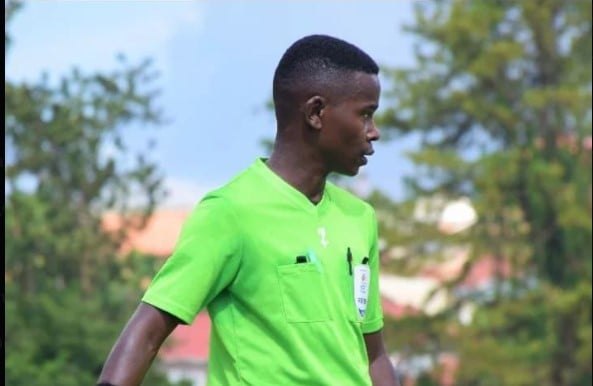Prime
Drug addicts need medical treatment

A study found out that drug addicts use a combination of narcotics. For instance, if someone’s primary drug is cannabis, for a third of them, tobacco or shisha is a secondary drug .PHOTO/FILE
What you need to know:
- Until recently, I felt, as many people do, that having stricter laws on drug abuse or possession was the best solution for our Ugandan society. But according to available evidence and findings, the answer to this global problem seems to lay elsewhere and not in more law enforcement and stiffer sanctions.
I believe that if we decriminalise the use of drugs or illegal substances, we can possibly call a halt to the drug war.
Until recently, I felt, as many people do, that having stricter laws on drug abuse or possession was the best solution for our Ugandan society. But according to available evidence and findings, the answer to this global problem seems to lay elsewhere and not in more law enforcement and stiffer sanctions.
In my considered view, if we want to see more tangible results from the drug war, we need to change course and switch from the “law and order approach” to a “public-health focused approach” where drug addicts or users would instead be subjected to medical treatment, education or civil penalties.
Please note that decriminalisation of drug-use does not mean legalisation of the same. In this case, decriminalisation would involve reductions of legal penalties as provided in the current laws either by changing them to civil penalties, such as fines, or by diverting the drug-use offenders away from criminal convictions into court-ordered therapies.
Under this system, drug dealers may still go to prison. But if anyone is caught with drugs, say marijuana or heroin, that fall within the stipulated quantities, at the discretion of police, prosecutors, or courts, the charges may be dropped and the offender would otherwise be required to undergo addiction treatment rather than serving jail time.
As a side benefit, the police will end their efforts of rounding up low-level drug dealers and some of the officers will instead focus on more serious organised and hardcore crimes. Also, additional public funds will be spent on health and social programmes rather than on law enforcement and prisons, which in turn, may improve public safety and health.
Countries, such as Portugal, Switzerland, Germany and Israel, that have adopted less punitive policies towards drug possession have not experienced any significant increases in drug use, drug-related harm or crime relative to more punitive countries.
Portugal, for instance, decriminalised the consumption and low-level possession of all illicit drugs in 2001 and reclassified them as administrative violations. They set up clinics and supervised drug consumption facilities, along with offering medical treatment for addiction.
After nearly two decades, Portugal has experienced no major increases in drug use. Yet, it has seen reduced rates of problematic and adolescent drug use, fewer people incarcerated for drugs, reduced incidences of HIV/Aids, reduced drug-induced deaths, and a significant increase in the number of people receiving treatment.
Based on moral grounds, some people may argue against decriminalisation because it would appear as an approval for drug use and thus send a wrong message to the masses. But, I firmly believe that, if well implemented, decriminalising may be a more humane and sensible response to drug use than criminalisation.
And as with any major policy change, decriminalisation of drug use may come with several risks but the key question here may be; would the new policy result into a net benefit for our nation? If you asked me, I would answer in the affirmative!
Brian Mukalazi,
Every Child Ministries Uganda




